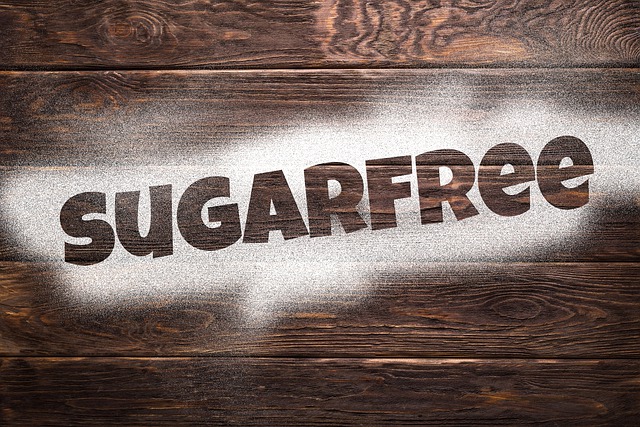No white foods diet
If you are ready to shed a few extra pounds, you may be tempted to try anything to shape up. Perhaps you’ve tried a fad diet or renewed your gym membership, but have you considered avoiding white foods with the no white foods diet?

White foods are linked to the obesity epidemic that is plaguing the nation. Studies show that white foods add refined carbohydrates to one’s daily food intake, packing on the extra pounds, and targeting mid-sections, thighs, and hips. In addition, refined carbohydrates have been proven to increase the threat of obesity and type 2 diabetes.
But do you really need to sidestep white food in order to hit your weight loss goal? Is the no white foods diet what you need to look and feel healthier?
What are White Foods?
Typically, white foods are just that, white. Bread, pasta, rice, flour, cereal, sugar, and high-fructose corn syrup fall into this category and are usually processed and refined.
There are some foods that are white in color but are not included in the no white foods diet.
These include potatoes, cauliflower, turnips, beans, eggs, and onions.
The Truth About Carbs
It is important to keep in mind that the body needs carbohydrates to maintain good health and proper nutrition. Carbohydrates are turned into fuel but are not all created equal.
Refined carbs – pasta, cookies, and soda – contain little to no vitamins or minerals, adding empty calories to one’s daily intake. Plus, refined carbs increase one’s blood sugar, triggering an insulin release. This process results in hunger pains which occur within an hour or so after consumption.
Healthy carbs – found in whole grains, brown rice, and simple sugars – are easily absorbed by the body. The nutritional value of a U.S. government’s Dietary Guidelines whole-grain portion is as beneficial as it is satisfying. Whole grain not only adds fiber but it controls hunger and weight gain.
Fruits, vegetables, low-fat dairy, and legumes also contain healthy carbs.
How can I practice the no white foods diet?
First, consult with your physician before changing your diet or exercise regimen. Next, become a label reader. Check the total carbohydrate, fiber, and sugar content of the foods you are considering.
Do they contain refined carbs? If so, you may want to consider an alternative for your weekly menu.
Sugar may be the toughest of the foods to avoid. American Heart Association studies have shown that the average American consumes nearly 22 teaspoons of sugar each day in the form of candy and beverages. This amount is staggering and can cause weight gain as well as other health issues such as diabetes and cardiac issues.
If you must have refined carbs, use moderation. An occasional slice of garlic toast or fried rice from time to time isn’t going to hurt. However, you will want to keep your sugary intake to 100 calories a day (women) and 150 a day (men) for weight loss and optimum health.



